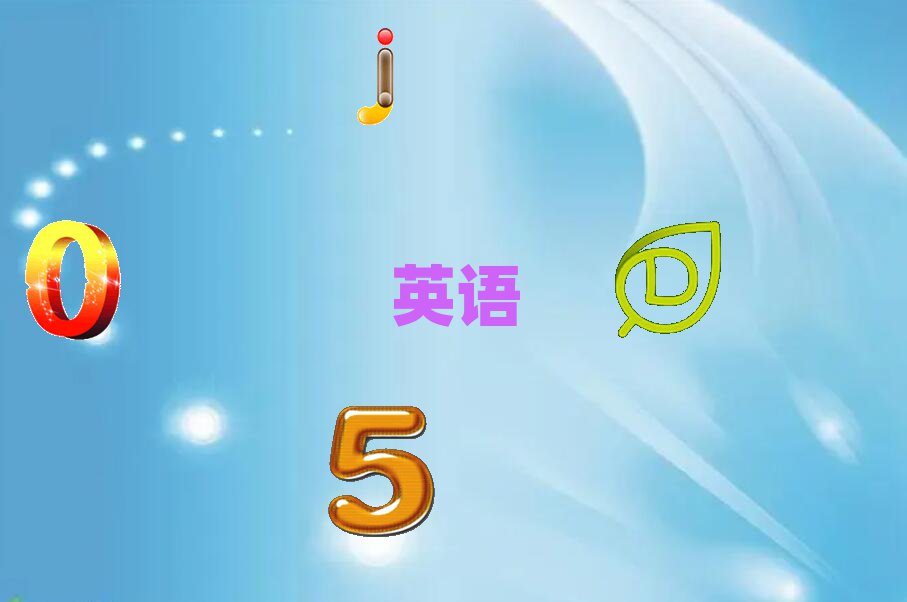課程標(biāo)題:嘉興學(xué)托福
嘉興秀洲區(qū)托福是嘉興秀洲區(qū)托福培訓(xùn)學(xué)校的重點(diǎn)專業(yè),嘉興市知名的托福培訓(xùn)機(jī)構(gòu),教育培訓(xùn)知名品牌,嘉興秀洲區(qū)托福培訓(xùn)學(xué)校師資力量雄厚,全國(guó)各大城市均設(shè)有分校,學(xué)校歡迎你的加入。

嘉興秀洲區(qū)托福培訓(xùn)學(xué)校分布嘉興市南湖區(qū),秀洲區(qū),海寧市,平湖市,桐鄉(xiāng)市,嘉善縣,海鹽縣等地,是嘉興市極具影響力的托福培訓(xùn)機(jī)構(gòu)。
(B)-510
教育的目的是什么
單位
[dānwèi]
unit
詳細(xì)釋義
源自:《外教社柯林斯?jié)h英大詞典》Collins外教社
(D)rests on reporting that is honest, being respectful of news sources, and requires balanced stories
題材范圍極廣,可以突破我們自己的思維禁錮,比如我們總是喜歡談?wù)撐覀冏约菏煜さ脑掝},所以我們總是在練習(xí)相同的語(yǔ)言,進(jìn)步當(dāng)然就緩慢了.
Harriet Beecher Stowe was an abolitionist after Garrison's time, but she was received in much of the same way. After the Fugitive Slave Act of 1850 was released, she wrote the book Uncle Tom's Cabin.
A. We study spoken English so as to make oral communications, so this order of importance of oral English study should be followed: Fluency, Accuracy, and Appropriateness. That is to say, we have to pay more attention to practical communicating ability instead of only laying emphasis on the grammatical correctness.
I\'ve had a number of guitars from Greg and the latest was sent to me lastNovember, which is a great instrument.
In today's fast-paced, driven society, much emphasis is placed on the final result of an endeavour. American society places a premium on success; our culture has little tolerance for failures or losers. Within this culture framework it sometimes becomes easy to immediately dismiss failures. However, value is not found only in success. As the examples of the recent Columbia shuttle disaster and the Vietnam War demonsstrates, events that are not successful still have value.
(C)5
首先看A,沒(méi)有什么問(wèn)題。
one of結(jié)構(gòu)做主語(yǔ),謂語(yǔ)動(dòng)詞應(yīng)該用單數(shù),所以首先排除A、B和C。
8 I\'m trying to remember everyone\'s name. 我正試著記住每個(gè)人的名字。
A: Nice to meet you. You must be Sam.
B: Yes. I am Sam. Nice to meet you too. And may I have your name?
A: Sure. I am Jim.
B: Oh, Jim, you know I just started working today. I\'m trying to remember everyone\'s name.
甲:很高興見(jiàn)到你。你一定就是山姆了。
乙:是,我就是山姆。很高興見(jiàn)到你。我能請(qǐng)問(wèn)您的姓名嗎?
甲:當(dāng)然。我叫吉姆。
甲:哦,吉姆,你知道,我今天剛開(kāi)始在這里工作。我正試著記住每個(gè)人的名字。
他使世界記起過(guò)去的黑暗,為世界顯示當(dāng)前的現(xiàn)實(shí),指出它新生的道路。
叢書出版以來(lái),接到了許多同學(xué)們的提問(wèn),大部分問(wèn)題我都親自給同學(xué)們回信解答了。
看出來(lái)了,
Chinese is my mother tongue.
I am proficient in English.
I am professional in English.
I can speak fluent English.
fluency n. 流利
How many languages do you speak?
您說(shuō)幾門語(yǔ)言?
I can speak in three languages.
I’m a trilingual.
I’m a bilingual.
Canada is a bilingual country.
I can read and write in three languages.
我可以用三種語(yǔ)言讀寫。
How well do you know Chinese?
你中文懂多少?
How well do you know English?
How long ... 多久
How many ... 多少
How well ... 程度如何
She speaks mandarin with a strong accent.
我說(shuō)普通話口音。
accent 口音
She is speaking English with a strong Japanese accent.
dialect 方言
local vernacular
Do you speak the local vernacular?
We must master the local vernacular.
mandarin Chinese 普通話
mandarin fish 鱖魚(yú) mandarin bird 鴛鴦
Cantonese 廣東話 Hokkien 閩南話 Hakka 客家話
character 漢字 alphabetic 字母的
Pinyin plan 漢語(yǔ)拼音方案
Chinese phonetic alphabet
letter 字母 word 單詞 phrase 詞組
sentence 句子 paragraph 段落 text 正文
Everyone makes mistakes when they are learning to speak.
每個(gè)人在學(xué)說(shuō)話的時(shí)候都會(huì)犯錯(cuò)。
Speak it out. Don‘t be afraid to lose face.
As for me, reciting is essential to mastering a foreign language.
If twice as many $1 bulbs as $2 were ordered, how many light bulbs were ordered altogether?
如果考生平時(shí)缺乏針對(duì)性的訓(xùn)練,要想在那么短的時(shí)間內(nèi)完成一篇作文有很大的挑戰(zhàn)。
嘉興秀洲區(qū)托福培訓(xùn)學(xué)校成就你的夢(mèng)想之旅。學(xué)托福就來(lái)嘉興秀洲區(qū)托福培訓(xùn)學(xué)校
培訓(xùn)咨詢電話:點(diǎn)擊左側(cè)離線寶免費(fèi)咨詢





 點(diǎn)擊交談
點(diǎn)擊交談

